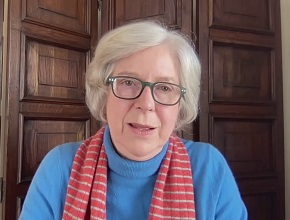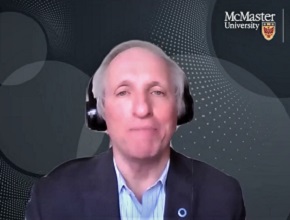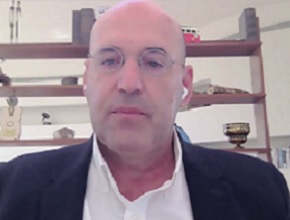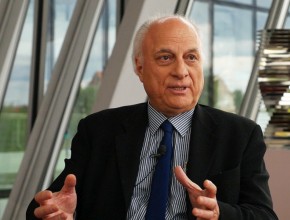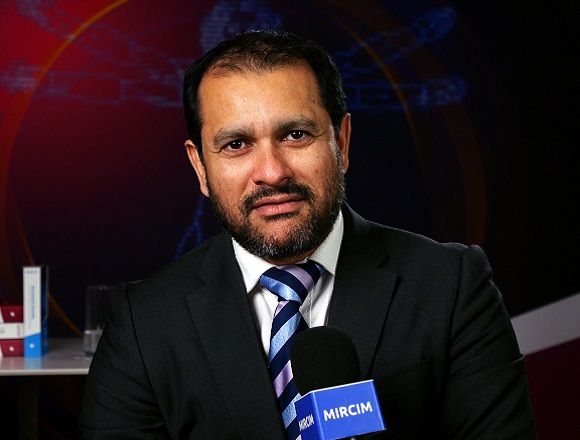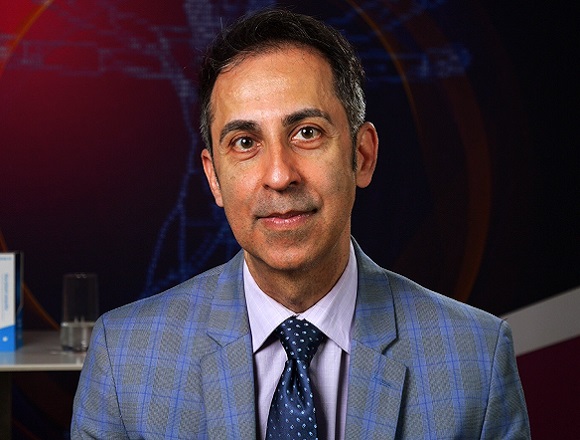Dr Leonard Wartofsky is a professor of medicine at Georgetown University Hospital, chairman emeritus of the Department of Medicine at the Washington Hospital Center, and past president of the American Thyroid Association and the Endocrine Society.
If you were to name the 3 most important recent advances in the management of thyroid diseases, what would they be?
Leonard Wartofsky, MD, MPH: I have been asked to comment on what I would consider to be the 3 most important developments in the field of thyroid disease, most recently, in the past year or 2. I think I would mention first, in the category of Graves disease and Graves ophthalmopathy, the development of the new drug, teprotumumab. Teprotumumab is a monoclonal antibody that binds to the insulin-like growth factor (IGF) receptor and has shown dramatic improvement in patients with active Graves ophthalmopathy. This has been a condition for which we have had no really effective therapy until just recently with the development of this agent. Yes, we treated ophthalmopathy with high-dose steroids and had some mild salutary effect, but really not enough, so for these patients, this has been really quite a dramatic breakthrough.
The second area that I think has been the most exciting in thyroid disease has been thyroid cancer. And we have—through I’d say perhaps over a dozen different studies in the last few years—refined the management guidelines for the radioactive iodine treatment of thyroid cancer, radioiodine ablation, and radioiodine adjuvant therapy to indicate that we have been much too aggressive giving higher doses of radioiodine that are required or even in cases where we need no radioactive iodine at all. This has been a major change in the management guidelines of thyroid cancer—to proceed with only thyroidectomy—partial, or lobectomy, or total thyroidectomy—without radioiodine therapy, therefore, in that case, avoiding unnecessary exposure of patients to radiation and, of course, saving health-care dollars as well.
The third area also related to thyroid cancer that I would suggest has become a major breakthrough in our approach to the management of thyroid nodules and thyroid cancer is the availability of molecular analysis, mutational analysis to explore the actual molecular basis of thyroid tumors in order to select a more specific targeted therapy, such as tyrosine kinase inhibitors, RET inhibitors, etc, to know exactly what the molecular basis of a tumor is and give the most specific therapy for that tumor. Here, the treatment of thyroid cancer is following the model for the treatment of other cancers in oncology. We are catching up with the most modern therapy of thyroid cancer that is leading to longer periods of remission and this, with the development of even newer agents, will hopefully lead to the total cure of these tumors.
 English
English
 Español
Español
 українська
українська

